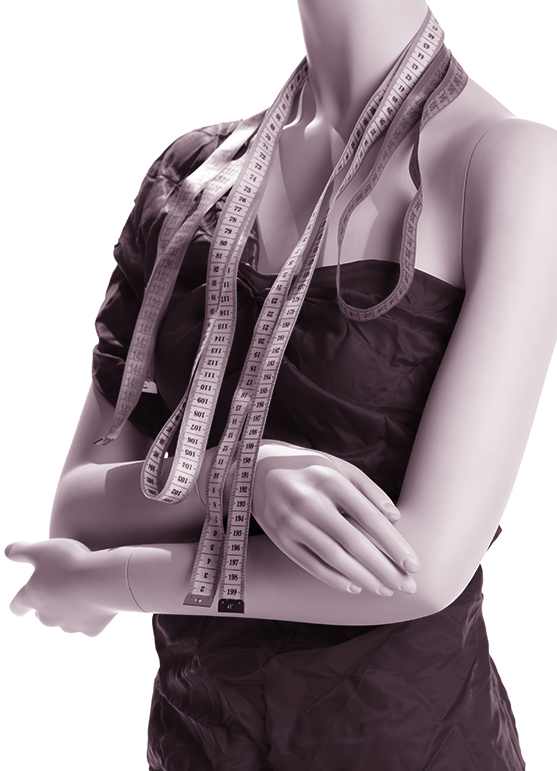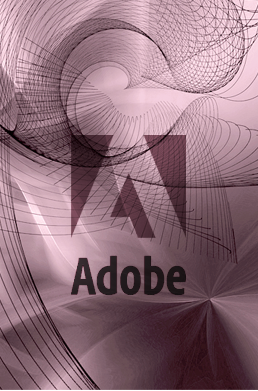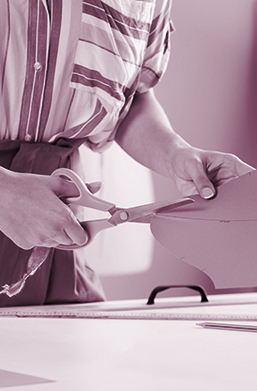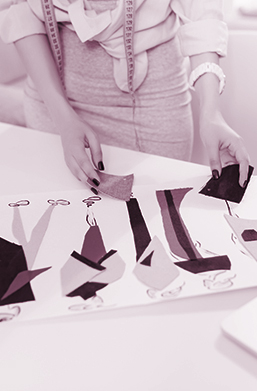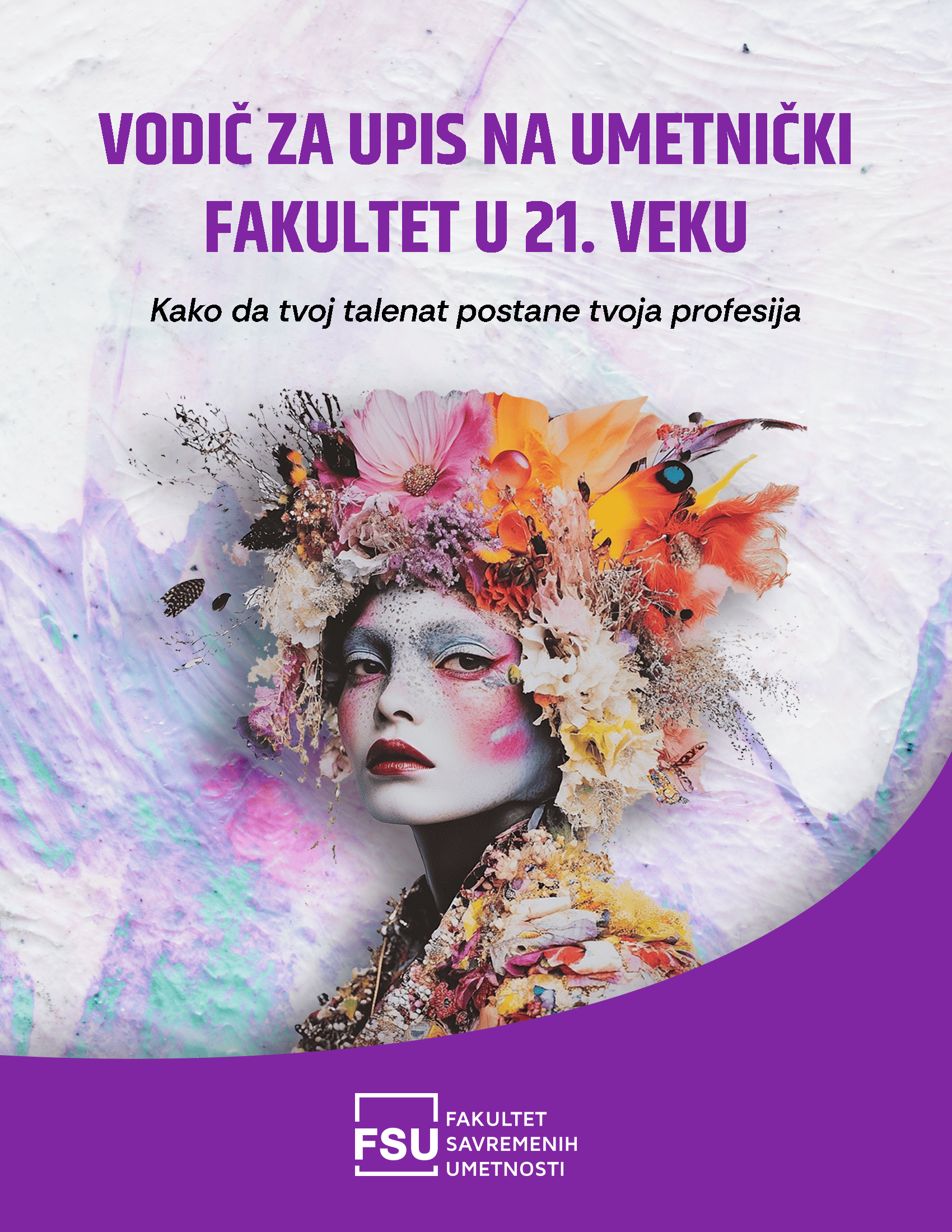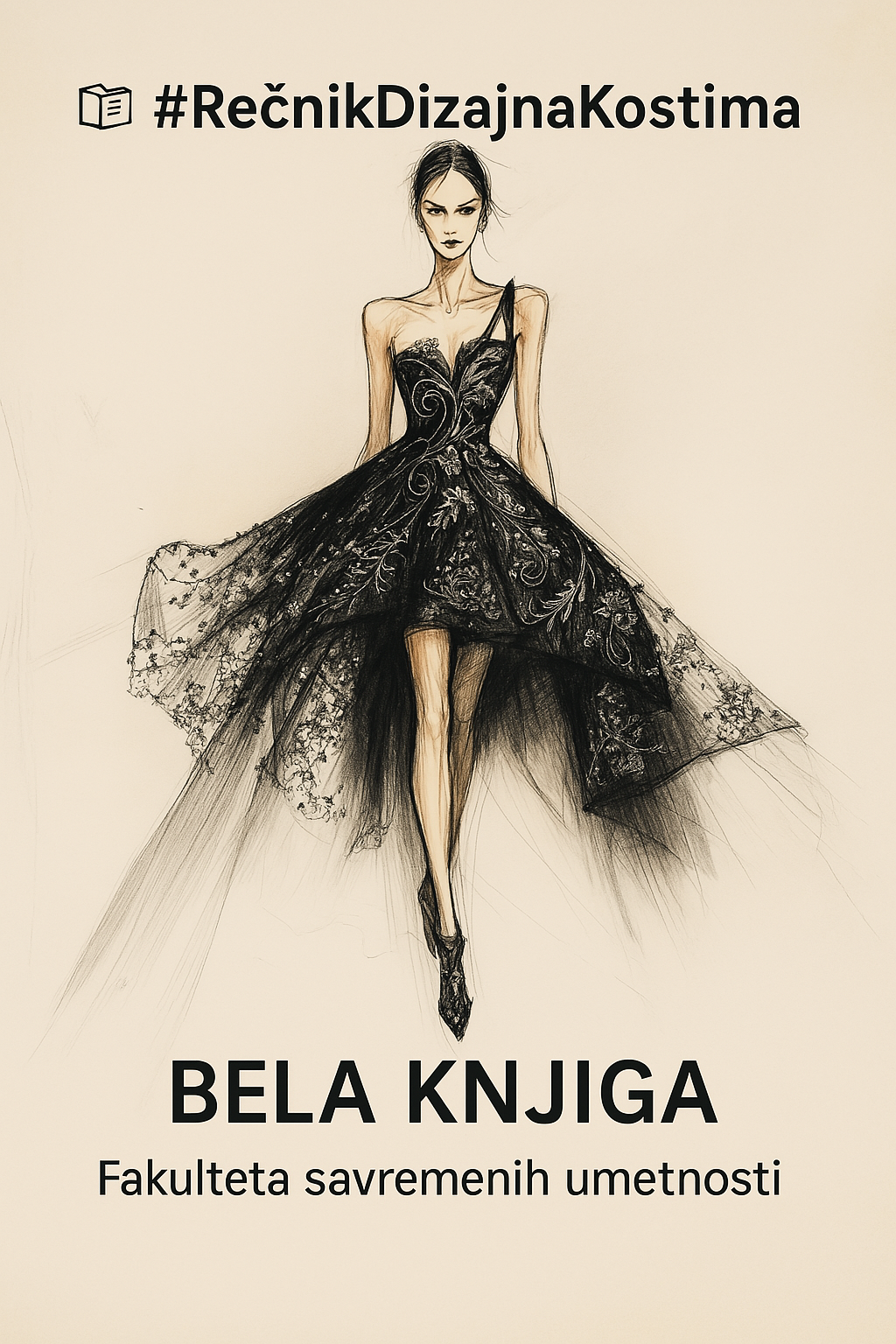CONSULTATIONS
Consultations with candidates, in collaboration with the enrollment center, are conducted with Costume Design professors via email.
ENTRANCE EXAM
Enrollment of students in the first year of the Master’s study program Costume Design is based on their performance during their undergraduate academic studies and an assessment of their knowledge, aptitude, and abilities in the entrance exam.
The entrance exam takes two days, and candidates apply for one of the offered elective fields.
- On the first day, candidates submit a portfolio with a maximum of ten works of which they are the authors or co-authors. All works in the field of applied arts are considered relevant, and the quality of the portfolio is evaluated by the relevant Commission in the context of the specific elective field the candidates are applying for.
- The second day of the entrance exam consists of an interview conducted by the Commission.
The entrance exam is conducted in three stages: submission of student documentation, portfolio submission, and interview.
The scoring system for the admission process is as follows: performance in undergraduate academic studies – 40 points; portfolio quality – 40 points; interview with the Commission – 20 points.
The maximum score a candidate can achieve is 100, and the passing threshold for the entrance exam is 55 points. The number of points awarded for each criterion is published in the application documentation.
In addition to the mentioned documentation, the entrance exam is also conducted in accordance with relevant FCA documentation.

